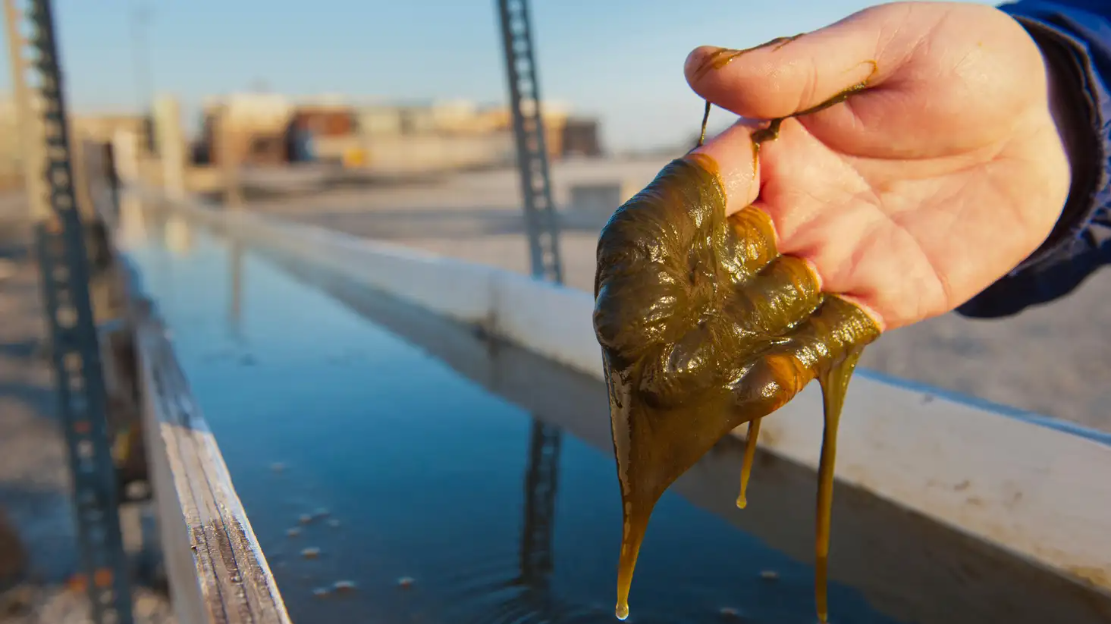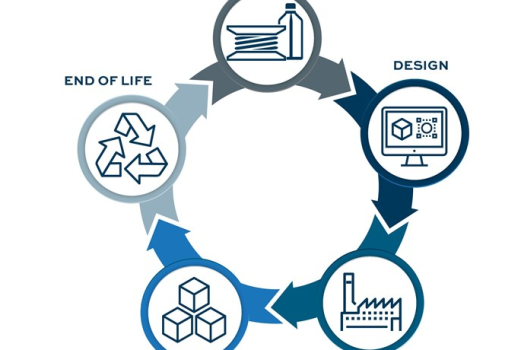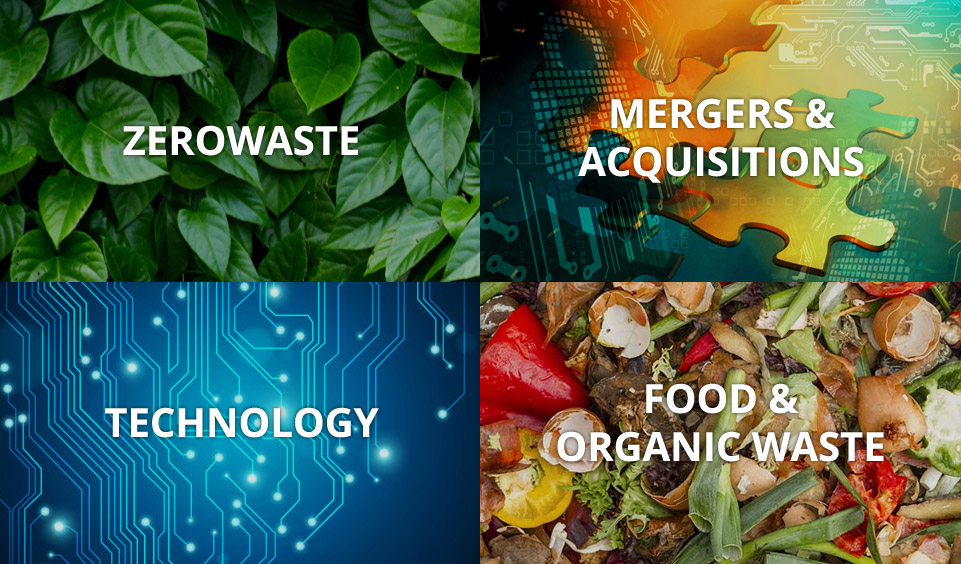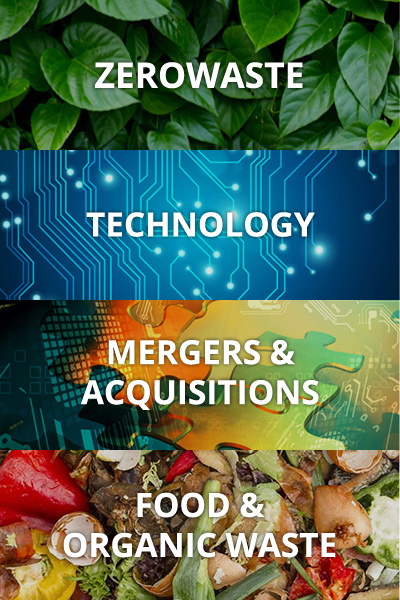
The oil giant is quitting an area of research it has long held up as part of a clean “energy future.
It’s the end of an algal era: Exxon is backing out of a biofuel effort that the company has for years centered as part of its work in clean energy.
Bloomberg reported Friday that ExxonMobil has cut ties with Viridos Inc., a California-based company that has worked with the oil giant since 2009 on its exploration into the possibilities of using algae to create alternative energy. The company has also ended its partnership with an algal research project at the Colorado School of Mines.
Revolutionary Hyped Algae Biofuels for an Eco-Friendly Future
Hyped Algae Biofuels “At this point we have other programs that are ready for deployment,” Vijay Swarup, Exxon’s senior director of technology who ran algae research, told Bloomberg. “We need to get on the deployment curve for carbon capture, for hydrogen, for biofuels. Algae still needs some more work.”
Using algae as biofuel is not a new concept. The idea behind the technology is that algae, which can grow in places where other crops can’t and use a variety of nutrient sources, could be a source of gases like hydrogen and methane with significantly fewer associated emissions than fossil fuels. In the decades since the oil crisis in the 1970s, a lot of money and effort has been poured into exploring the possibilities of algae for energy, with an uptick at the end of the 2000s as energy investors began to look for cleaner alternatives to fossil fuels. Exxon’s fellow oil giants Shell, BP, and Chevron all had, at one point, investments in the algal pool.
But there are some significant, long-term challenges that algae presents in bringing it to scale as an energy solution, and as renewable energy like wind and solar have gotten cheaper and cheaper, the prospect of algae as fuel has become less attractive to energy companies hoping for a quick return on investment. Both Shell and BP had abandoned their efforts by 2012, and Chevron admitted on its website in 2018 that its work “to produce second-generation biofuels that are economical at scale without subsidies has not been successful.”
Only Exxon has held on and continued to center its work on algae as a green energy solution—at the same time as the company was being criticized for concealing its internal research on the effects of burning fossil fuels on the planet.
“These living organisms could one day supply clean fuels to trucks, even planes and boats,” says a cheery voiceover on one Exxon-produced video, posted to YouTube last year; the video features footage of an algae farm that, the video claims, is “building our energy future.”
By touting its work on algae while continuing to increase fossil fuel production, Exxon has “been trying to create the impression that [it is] part of the solution, when [it is] certainly not,” Robert Brulle, a visiting professor at Brown University and expert on fossil fuel industry messaging, told Bloomberg.
An Exxon spokesperson told Bloomberg that it had spent double on algae research than it had spent on advertising said research, and rejected the claim that its algae work was part of a greenwashing attempt.
Ironically, Exxon may be bowing out just when the algae is just getting good—and when the company has cash to spare to invest in longer-term technologies. Bloomberg reported that, according to Viridos, the Exxon partnership has recently seen a sevenfold increase in its algae production in certain ponds. And the company is choosing to abandon ship even as it posts record profits, thanks in large part to the global energy crisis. Maybe oil companies aren’t actually working as hard as they say they are on renewable energy while making all that money off fossil fuels.
Article originally published on: https://gizmodo.com/exxon-gives-up-on-algae-biofuels-clean-energy-1850108146



